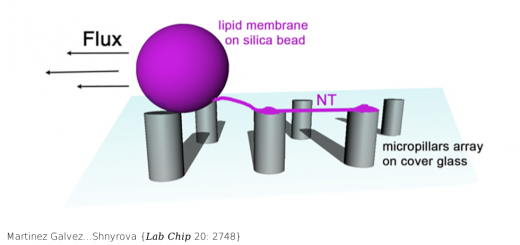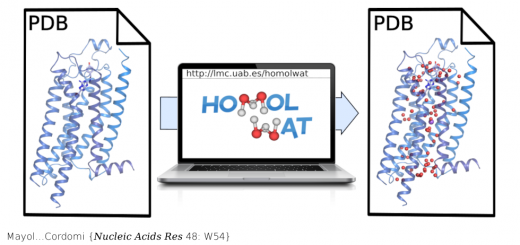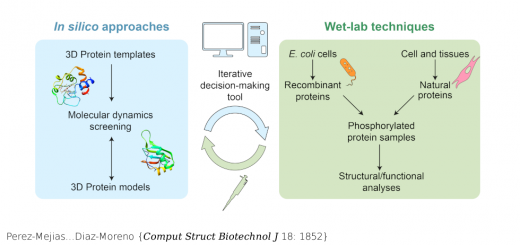Nieto-Gonzalez JL, Gomez-Sanchez L, Mavillard F, Linares-Clemente P, Rivero MC, Valenzuela-Villatoro M, Munoz-Bravo JL, Pardal R, Fernandez-Chacon R.
Proc Natl Acad Sci U S A 2019 Apr; 116: 8000.
Neural stem cells continuously generate newborn neurons that integrate into and modify neural circuitry in the adult hippocampus. The molecular mechanisms that regulate or perturb neural stem cell proliferation and differentiation, however, remain poorly understood. Here, we have found that mouse hippocampal radial glia-like (RGL) neural stem cells express the synaptic cochaperone cysteine string protein-alpha (CSP-alpha). Remarkably, in CSP-alpha knockout mice, RGL stem cells lose quiescence postnatally and enter into a high-proliferation regime that increases the production of neural intermediate progenitor cells, thereby exhausting the hippocampal neural stem cell pool. In cell culture, stem cells in hippocampal neurospheres display alterations in proliferation for which hyperactivation of the mechanistic target of rapamycin (mTOR) signaling pathway is the primary cause of neurogenesis deregulation in the absence of CSP-alpha. In addition, RGL cells lose quiescence upon specific conditional targeting of CSP-alpha in adult neural stem cells. Our findings demonstrate an unanticipated cell-autonomic and circuit-independent disruption of postnatal neurogenesis in the absence of CSP-alpha and highlight a direct or indirect CSP-alpha/mTOR signaling interaction that may underlie molecular mechanisms of brain dysfunction and neurodegeneration.
PubMed: 30926666. Doi: 10.1073/pnas.1817183116. Free PMC article





